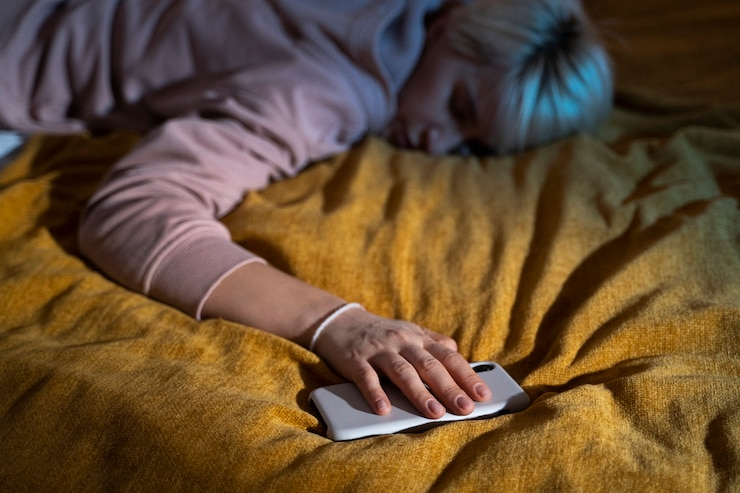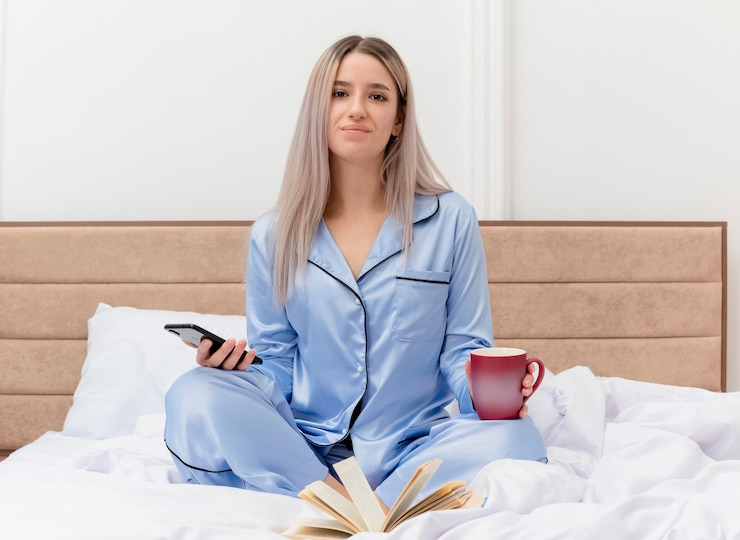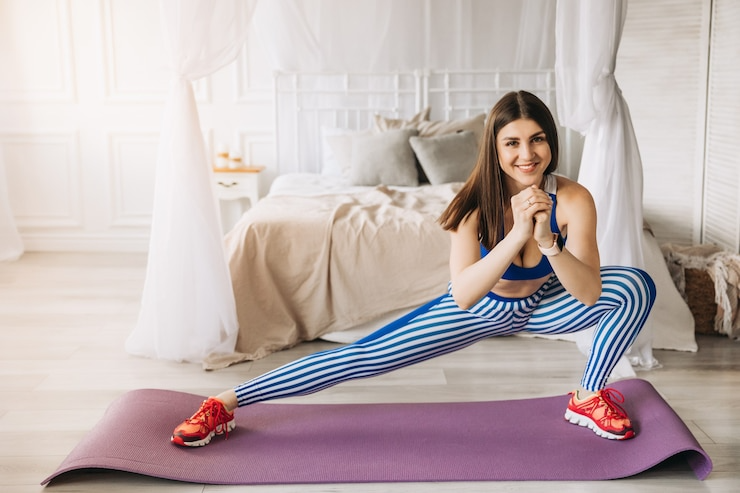If you struggle with sleep, your daily habits might be to blame. This is where sleep hygiene comes in.what sleep hygiene is and how some tweaks to your day and bedtime routine can finally help you get the quality sleep you deserve.Explore more by reading down.
What is sleep hygiene ?
Sleep hygiene just means having healthy habits that help you sleep well. Getting enough good sleep is super important for your mind and body, and it helps you feel your best overall.
What you do during the day, not just right before bed, can actually affect how well you sleep. Things like what you eat and drink, your daily schedule, and your nighttime routine all play a part!

Simple tips for good sleep hygiene
Having trouble sleeping? Don’t worry! There are simple things you can do throughout the day and at night to improve your sleep. These good habits are called sleep hygiene, and they’ll help you snooze soundly all night long.
1. Make a relaxing bed routine
The best time to wind down for bed is 30 to 60 minutes before you actually hit the hay. This wind-down routine can include anything that helps you relax, except for things with bright blue light (like phones or laptops). Here are some ideas to try:
Take a warm bath or shower. Not only will the warm water feel nice, but your body temperature will drop a little as you cool off, making you feel sleepy.
Do some light stretches to loosen up your muscles and ease tension.
Spend a few minutes meditating to calm your mind and body.
Listen to calming music and focus on your breathing.
Read a book, but skip the e-reader!
Avoid anything stressful or exciting, like work or deep conversations.

2. Before 1 hour before sleep, stop using smart devices
Phones and other electronics give off a blue light that messes with your body’s natural sleep hormone, melatonin. Melatonin helps you feel sleepy, so when blue light messes with it, falling asleep gets tougher. These devices can also be distracting, keeping your brain awake and making it harder to doze off.
You might think putting your phone away is enough, but even having it close by can disrupt your sleep. Those little notification noises, vibrations, or even a screen lighting up in the night can wake you up briefly, interrupting your sleep even if you don’t fully realize it.

3. Stop caffeine intake before bed
Coffee and other caffeinated drinks can mess with your sleep for up to 7 hours! That afternoon pick-me-up might be keeping you wide awake way later than you planned. Everyone handles caffeine differently, though. Some people can have coffee in the afternoon and still be okay, while others need to ditch the caffeine way earlier to fall asleep easily. The less caffeine you drink in general, the stronger its effect might be on you.

4. Go to bed when you are tired
Struggling to fall asleep? Don’t force it! If you’re not tired after getting in bed, get up and do something relaxing, like reading a book on the couch. The more you toss and turn, the harder it will be to drift off. Once you feel sleepy, head back to bed. The same goes for if you can’t fall asleep within 20 minutes. Get out of bed and do something calming until tiredness washes over you.

5. Limit napping your day
Naps can be tricky. While they might feel good, long naps or napping too late in the day can make it harder to fall asleep at night. You might also wake up more during the night if you nap for a long time. If you must nap, keep it short, like 30 minutes or less, and try to nap earlier in the afternoon. This might affect older adults’ sleep more than younger people, but it’s not totally clear yet.

6. Manage your stress
Having worries swirling in your head can definitely make it tough to fall asleep. Here are some tips to quiet your mind before bed:
Write it down! Jot down your worries or to-do list before bed. Getting them on paper can clear your head and make it easier to relax.
Prioritize your tasks. Feeling overwhelmed by your to-do list? Write it down, then focus on what absolutely needs to get done tomorrow or this week. Let go of anything else for now.
Try a weighted blanket. Research suggests these can help with anxiety and trouble sleeping, kind of like a big hug.
Meditate. Take a few minutes before bed to meditate and calm your racing thoughts.

7. Start exercising regularly
Even just 30 minutes of exercise each day can help you sleep better, on top of all the other health benefits! Getting outside for your workout might be even more helpful because sunlight helps your body know when to sleep and wake.
But don’t worry if you can’t exercise outdoors; doing it inside can still improve your sleep.
Just avoid exercising too close to bedtime (like within a couple hours) because it can make you feel more awake and raise your body temperature. If you need to move later in the day, try some gentle stretches or yoga instead.

